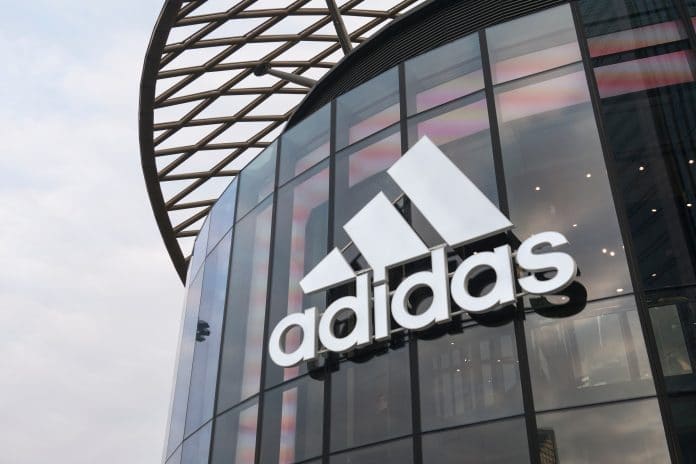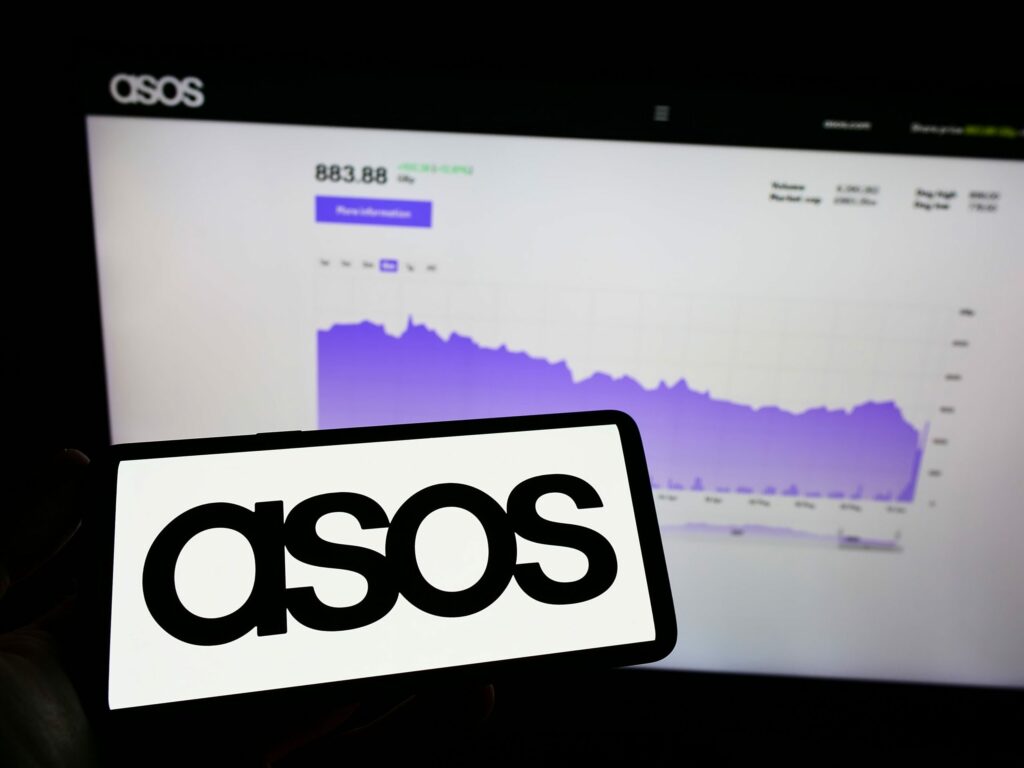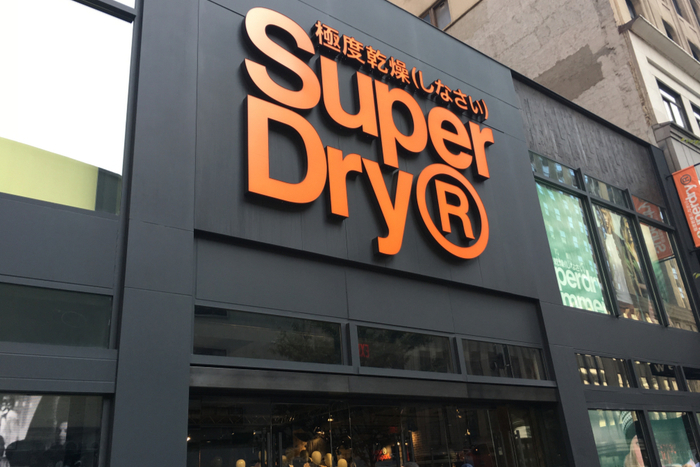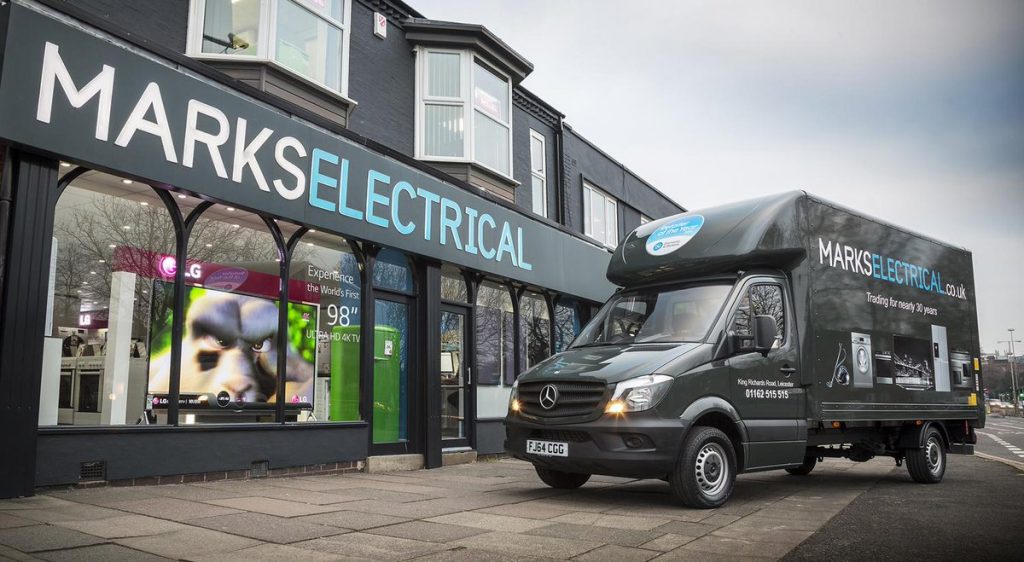The Brits are a nation of impatient walk-outs, as a new survey has revealed a significant number of people turn away from a store if the queue is too big.
Whether it is at a fast-food restaurant or on the phone, the people of Britain are a nation of queuers. Albeit unwittingly, and it can be an extremely frustrating experience for all involved.
Out of 2000 Brits questioned in a report by Visa Contactless, 89% revealed the method the nation are using in fighting back against the UK ‘queuing culture‘ and admitted leaving a store and walking away from their purchases if the queue was too long.
More worryingly for retailers, two thirds of those questioned (65%) said they would ditch the store and visit a rival store in order to get what they wanted quicker.
Kevin Jenkins, Managing director UK & Ireland at Visa Europe said: “These stats clearly show that consumers are so frustrated by long queues that they‘ll go elsewhere rather than face such a long wait. Retailers that want to retain business and keep their customers happy, particularly during the busy Christmas period, should think about introducing methods that are proven to reduce queuing times, such as contactless payments.”
Further figures revealed Brits spend a whopping 18 hours a year in a queue, and Londoners are the biggest sufferers with an average waiting time of 9.11 minutes a week.
53% people loath queuing for the amount of time it takes, and 38% find it tedious. Similarly, nearly the same proportion who found it boring said they were prone to losing their patience more at 37%.
Given the intensity of competition amongst retailers today a customer waiting too long is basically and lost customer. The challenge for retailers is to keep customers once they are through the doors and retailers like M&S, WHSmith, Teso, McDonalds and Pret A Manger are realising this, implementing methods like contactless payment to keep the queues down and keep them in.
James Anderson, general Manager of Yorkshire Grey, a London pub that uses the technology, said: “We have certainly benefited from the ease of payments for small amounts with contactless technology. It‘s becoming a more popular payment method for amounts under the £20 limit.
Customers popping in for a spot of lunch that may be limited to a one-hour break time can be served, and pay quickly with a simple tap of their card, cutting our queue time and the amount of people waiting for their drink during the lunchtime rush.”
It seems that the commonly held belief that queuing is one of those classic traits of British culture is wearing thin. What we should possibly accept are probable outbreaks of queue rage, more likely incidences of queue jumping and just a general all round intolerance.
Jo Hemmings, a behavioural psychologist said: “Unlike some of our European neighbours, the British accept that queuing is a necessary and fair way of making a purchase.
However, psychologically the length of time we have to queue also affects our purchase decisions, as we can see a whopping 89% of people leaving a shop, without making a purchase, due to excessive queuing.
A strategy that both reduces our expectations, such a offering easy was to pay or a full line of active cashiers as well as one that can also distract us from the impatience that the waiting, stress and boredom brings, is likely to be the most effective at bringing in return custom.”

















